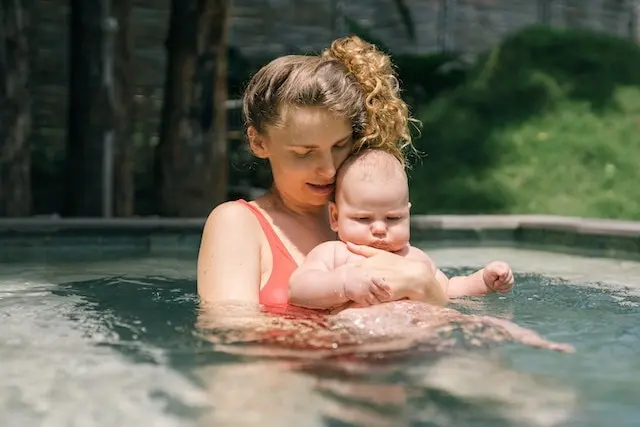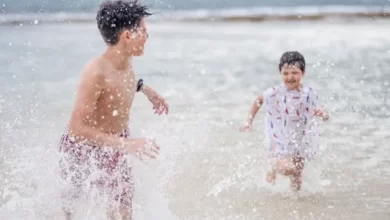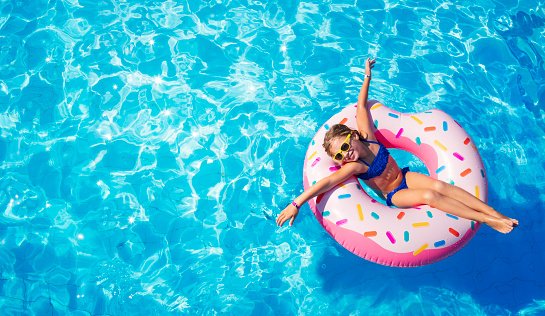Dive In: How to Choose the Right Swimming Class for Your Child’s Skill Level
Selecting the right swimming class is essential for your child’s growth and enjoyment. Starting your child off on their swimming journey is an exciting event. This extensive guide will explore the nuances of choosing the right swimming class that corresponds with your child’s skill level. Let us delve into the specifics to ensure your child has a positive and fulfilling swimming experience, from evaluating their talents to comprehending class dynamics.
Table of Contents
Why is choosing the right swimming class important for children?
- Foundational Skills: The right swimming class lays the foundation for essential water skills, ensuring children develop a strong basis for future swimming proficiency. Early exposure to proper techniques and safety practices is paramount.
- Positive Association: A well-matched class creates a positive association with swimming, fostering a love for the water. A positive early experience encourages continued interest and participation in aquatic activities.
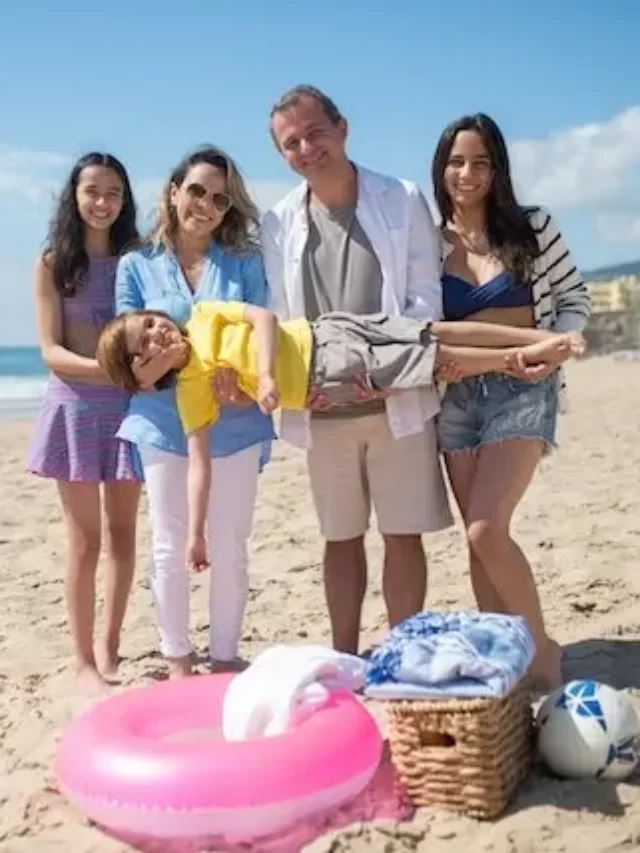
How Do You Assess Your Child’s Current Swimming Skill Level?
- Comfort in Water: Evaluate your child’s comfort level in the water. Consider how easily they are in various water depths and their overall confidence when immersed.
- Basic Skills: Assess basic swimming skills such as floating, kicking, and arm movements. These fundamental skills provide insights into their current swimming abilities.
What Types of Swimming Classes Are Suitable for Different Age Groups?
- Parent-Child Classes (6 months – 2 years): Introduce infants to water through parent-child classes, focusing on building comfort and trust. Activities like water play and gentle movements are incorporated.
- Preschool Classes (3 – 5 years): Preschool classes emphasize water safety and basic swimming skills through games and interactive activities. Instructors focus on creating a positive and enjoyable environment.
What Special Considerations Should Parents Have for Choosing the Right Swimming Classes for Toddlers?
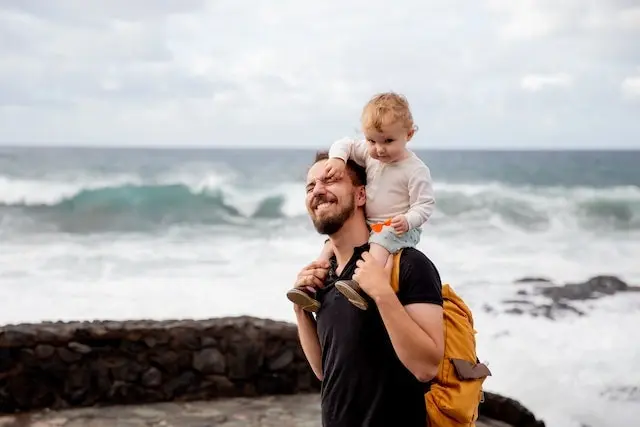
- Warm Water Temperatures: Toddlers often respond well to warmer water temperatures. Choosing the right swimming class with comfortable water conditions contributes to a pleasant experience.
- Parental Involvement: Opt for classes that involve parents, as the presence of a familiar caregiver can provide emotional support and enhance the child’s sense of security.
How Can Parents Identify Qualified and Child-Friendly Swimming Instructors?
- Certification: Look for instructors with recognized certifications in child swimming instruction. Certifications from organizations like the American Red Cross or the YMCA are indicators of professional training.
- Experience with Children: Instructors with a background in early childhood education or specific experience with young children bring additional expertise to create engaging and age-appropriate lessons.
What Role Does Class Size Play in a Child’s Swimming Learning Experience?
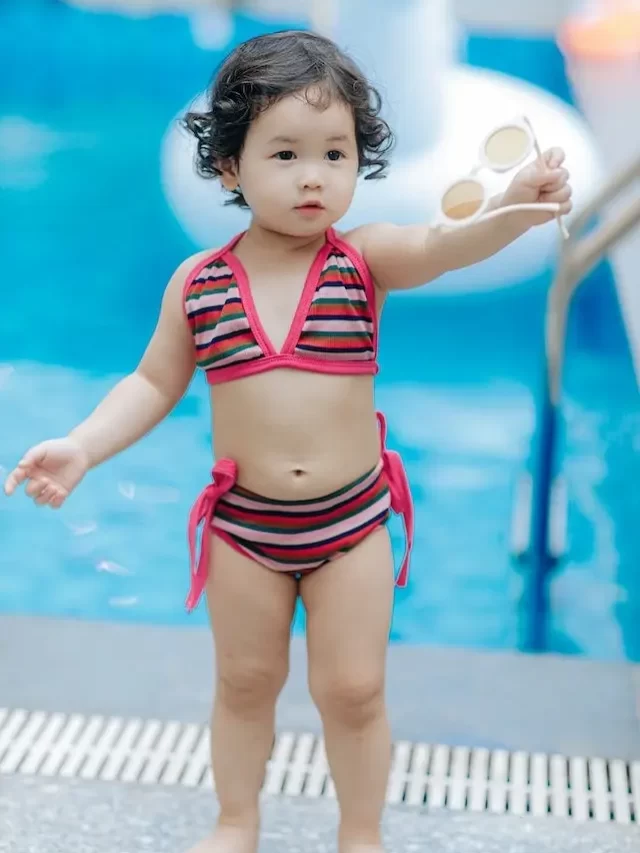
- Individualized Attention: Smaller class sizes allow for more individualized attention, enabling instructors to focus on each child’s unique needs. This promotes a safer and more personalized learning environment.
- Social Interaction: Smaller classes offer personalized attention, but larger classes facilitate social interaction, helping children develop social skills and enjoy a shared learning experience.
How can parents gauge the safety measures implemented in swimming classes?
- Instructor-to-Child Ratio: Inquire about the instructor-to-child ratio, ensuring that there is adequate supervision to guarantee each child’s safety.
- Emergency Procedures: Understand the emergency procedures in place, including how instructors handle potential incidents and the availability of life-saving equipment.
How Can Parents Encourage Children Who May Feel Apprehensive About Swimming?
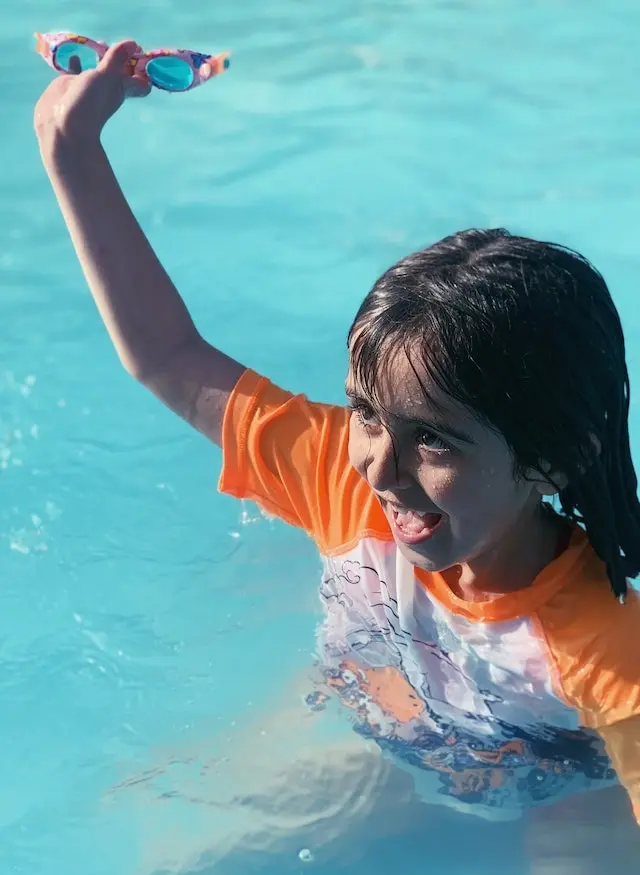
- Gradual Exposure: Choose classes that introduce swimming skills gradually, allowing apprehensive children to acclimate at their own pace.
- Positive Reinforcement: Encourage instructors who use positive reinforcement and praise to boost a child’s confidence. Positive associations with swimming contribute to a more enjoyable experience.
What is the Significance of Consistency in Attending Swimming Classes?
- Skill Retention: Regular attendance ensures that children retain and build upon the skills learned in each class. Consistency is key to reinforcing muscle memory and swimming techniques.
- Routine Establishment: Consistent attendance establishes a routine, making swimming a familiar and anticipated activity. Predictable routines contribute to a child’s sense of security.
How Can Parents Choose a Class Schedule That Aligns with Their Child’s Routine?
- Consider Daily Routines: Evaluate your child’s daily routine and energy levels when choosing class times. Opt for times when they are alert and receptive to learning.
- Weekend vs. Weekday Classes: Consider whether weekday or weekend classes align better with your family’s schedule. Choose a schedule that minimizes disruptions and allows for consistent attendance.
Conclusion
It’s important to take your child’s age, ability level, and the availability of age-appropriate activities into account when selecting the right swimming class for them. You can make sure that your child’s initiation to swimming is both joyful and educational by carefully navigating through these factors. I hope your child’s swimming adventure is full of joy, self-assurance, and the foundation for a lifelong love of the water. Enter the water, and let the adventure start!

How Can I Determine If My Child Is Ready for Swimming Lessons?
Observation of Comfort Levels: Pay attention to your child’s comfort around water during bath time or pool outings. If they exhibit curiosity and seem at ease, it may be an indication they’re ready for swimming lessons.
Willingness to Follow Instructions: If your child can follow simple instructions and demonstrates a willingness to participate in activities, they might be developmentally ready for structured swimming lessons.
Are private swimming lessons better for my child, or should I opt for group classes?
Private Lessons: Private lessons offer personalized attention and can be beneficial for children who may need individualized instruction. This setting is ideal for addressing specific concerns or fears.
Group Classes: Group classes foster social interaction and provide a sense of community. Children often enjoy the camaraderie and friendly competition, making group classes a fun and engaging experience.
